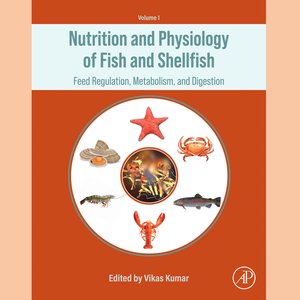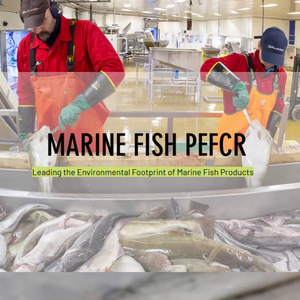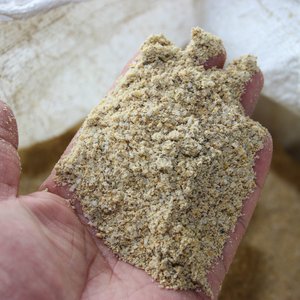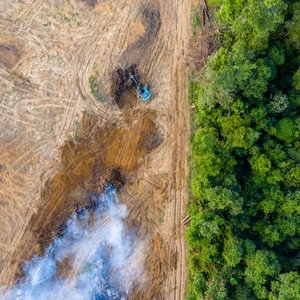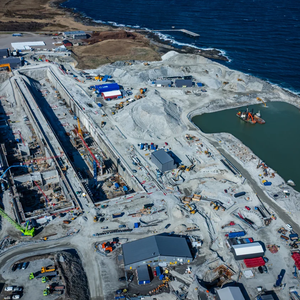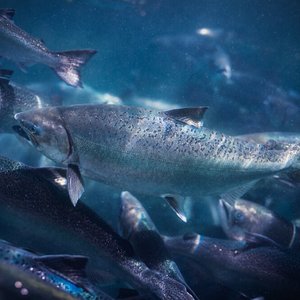The ARRAINA (Advanced Research Initiatives for Nutrition & Aquaculture) project, funded by the European Union\\\'s Seventh Framework Programme for Research and Technological Development, has just released a summary of activities and result to date.
These are summarised in a new publication, ARRAINA Key Achievements 2015, along with a short video which provides an introduction to the project.
ARRAINA is developing sustainable alternative aquaculture feeds with reduced levels of fish meal and fish oil, tailored to the nutritional requirements of European farmed fish species. It is also assessing the long term physiological consequences of these changes in diet by applying targeted predictive tools applicable to multiple species of European farmed fish. ARRAINA aims to improve the use of sustainable vegetable products in the formulation of cost-efficient, environmentally friendly fish feeds that ensure production of seafood of high nutritional value and quality.
The ARRAINA Key Achievements 2015 booklet showcases examples of outputs from the project so far and provides detailed summaries of each, as well as introducing the project, its core functions, and its progress to date. The aim of this booklet is to communicate to relevant stakeholders and the general public how ARRAINA’s work is benefitting society as a whole including the research community and industry, as well as helping to achieve significant value creation in Europe.
Outputs covered include the results of a study examining the effect of fish meal, squid meal and a mixture of vegetable protein concentrates on gilthead sea bream larvae performance and digestive function. Another example examined the potential presence and prevalence of contaminants in fish fillets for human consumption as a result of exchanging marine ingredients with those from agriculture. The results of this study so far are positive, showing no contamination from plant based ingredients in final seafood products.
The new ARRAINA project video presents a broader overview of the goals and objectives of the project and highlights the challenges facing the European aquaculture sector in terms of sustainable sources of ingredients for fish feed, as well as the significant opportunity to expand in recognition of the projected future demand for fish for human consumption.
The booklet and video are both available here.


